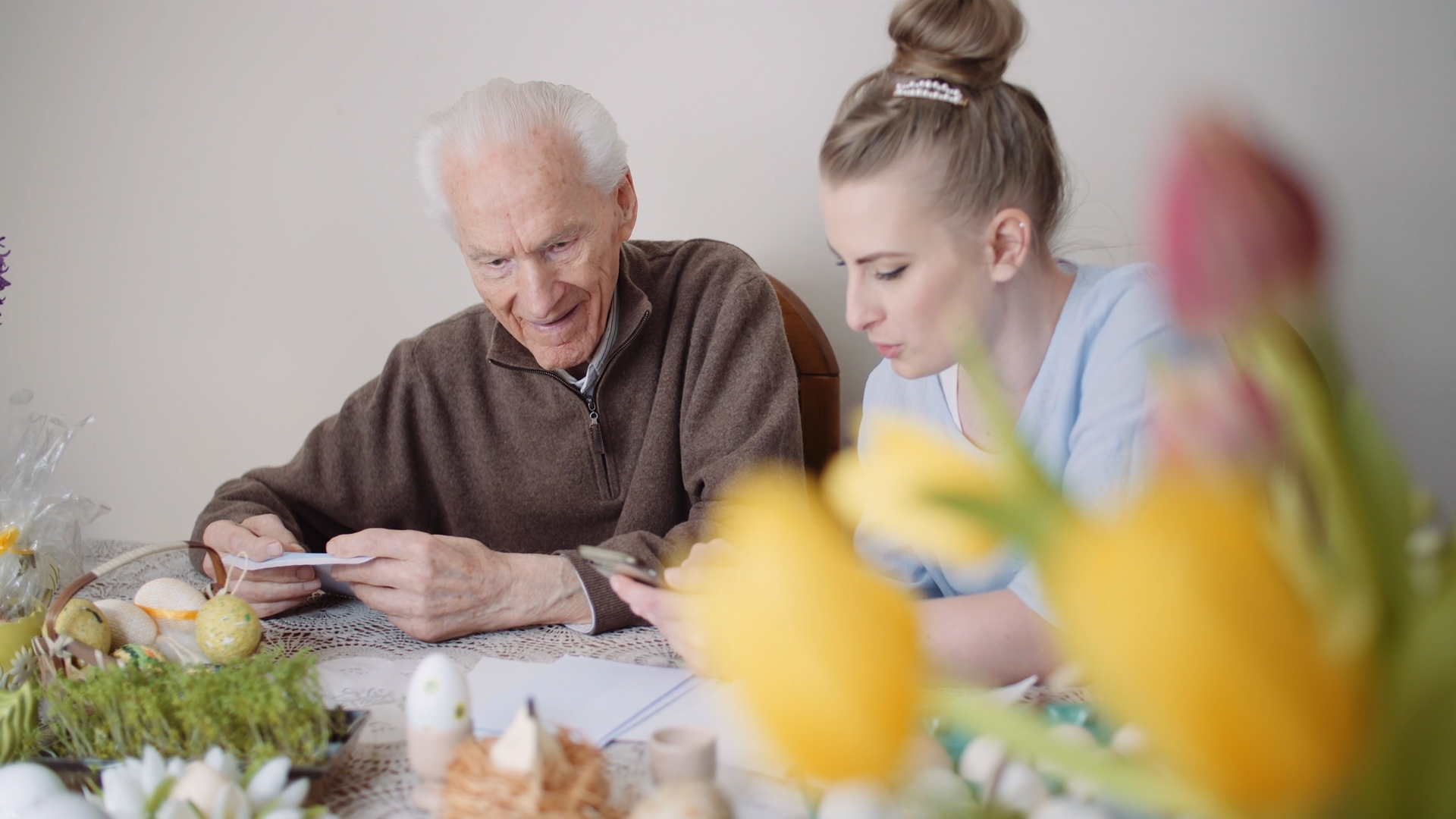Junior Doctors, CALD patients and intercultural communication

Still from a CALDER project video to boost participation by people from CALD backgrounds in clinical trials, Department of Medical Education and Centre for Integrated Critical Care.
Even in a multicultural society such as Victoria, catastrophic breakdowns in communication can occur when clinical staff assume a patient's fluency in conversational English as a proxy for health literacy.
Associate Professor Robyn Woodward-Kron (Department of Medical Education and Professor David Story (Centre for Integrated Critical Care) were recently invited to explore the communication lessons from the death Mr AD, a 71-year-old man who died after surgery. The Coroner found there was insufficient information provided to Mr AD about the risks associated with the surgery; no interpreter was made available, and at discharge, the patient and family received little to no information about post-operative care and what to expect.
Since 2013, the Centre for Integrated Critical Care, together with the Department of Medical Education, has been running the CALDER research program, exploring communication tools to overcome language and culture as a barrier to participation of CALD patients in medical research. Later this year, the Centre will launch a series of videos aiming to boost CALD patient enrolment in clinical trials.
The full version of this piece first appeared in the July Future Leaders Communiqué, a publication containing narrative case reports about lessons learned from the Coroner’s investigations into preventable deaths. Future Leaders Communiqué is a publication for junior doctors by junior doctors with expert invited commentary.
IN AN IDEAL WORLD, clinicians caring for CALD patients would always be able to collaborate with highly skilled, professional interpreters, who have insight into both Australian clinical care and the language and culture of patients from different CALD groups. Those who have worked with professional interpreters will realise that this collaboration is a direct conversation with the patient (and often their families) facilitated, but not filtered, by interpreter colleagues. However, clinicians must allow for the added time taken to work with interpreters. Unfortunately, this ideal practice situation is often not possible; particularly so for emergency care.
So, what are the options?
The first is using telephone interpreters, but many clinicians and patients find this unsatisfactory due to the lack of face-to-face interaction. Another option is electronic translating approaches such as Google Translate. However, research suggests that it is unwise to attempt to use this kind of technology to translate complex ideas.
Another option is to seek hospital staff, ideally clinical staff, from the same CALD group as the patient. In many clinical situations for older CALD people, family act as interpreters. Family having an added role in the conversation as interpreter has advantages and disadvantages. The major advantage is that the family know what was said. The disadvantages include the likely difficulty of accurately interpreting technical or complex issues, the family interpreter filtering the discussion, and considerable ethical concerns about patient autonomy and privacy.
One approach used in many ICUs is to have a family spokesperson. It is important for CALD patients that the primary contact person has a good relationship with the patient and other family members as well as with the clinical team.
Some cultures place great importance in showing respect and have entrenched social hierarchies. People from these cultures may feel uncomfortable asking questions, particularly questions that may challenge information provided by clinicians, since “doctor knows best”.
While all clinical interactions should be individualised to the patient and carers, a fundamental component is to convey what patients and carers must know, particularly indicators of deterioration, and to ensure as far as possible that the recipients of the information have understood the key information.
All clinical discussions and especially those requiring a decision, should include the question “Do you have questions or concerns?"
At Western Health, Victoria, innovative work using iPads and translations of commonly occurring phrases in the allied health and nursing setting show promise in facilitating more effective communication between patients and the health care team when interpreters are not available. Such tools could also be adapted for discharge discussions.
Junior doctors, as future leaders in healthcare, can advocate for CALD patients in their interactions with the health care team, raising awareness of these patients’ language and cultural needs and perspectives. Informing and lobbying hospital administration about point of care communication tools is another area where junior doctors can show advocacy. Such activities can contribute to addressing healthcare disparities and preventing catastrophic communication breakdowns such as those experienced by Mr AD and his family.